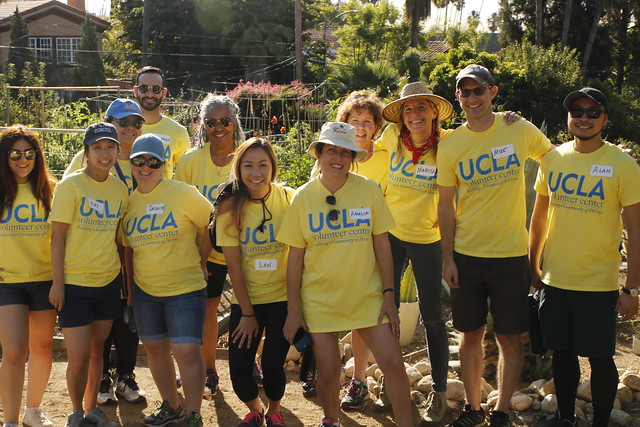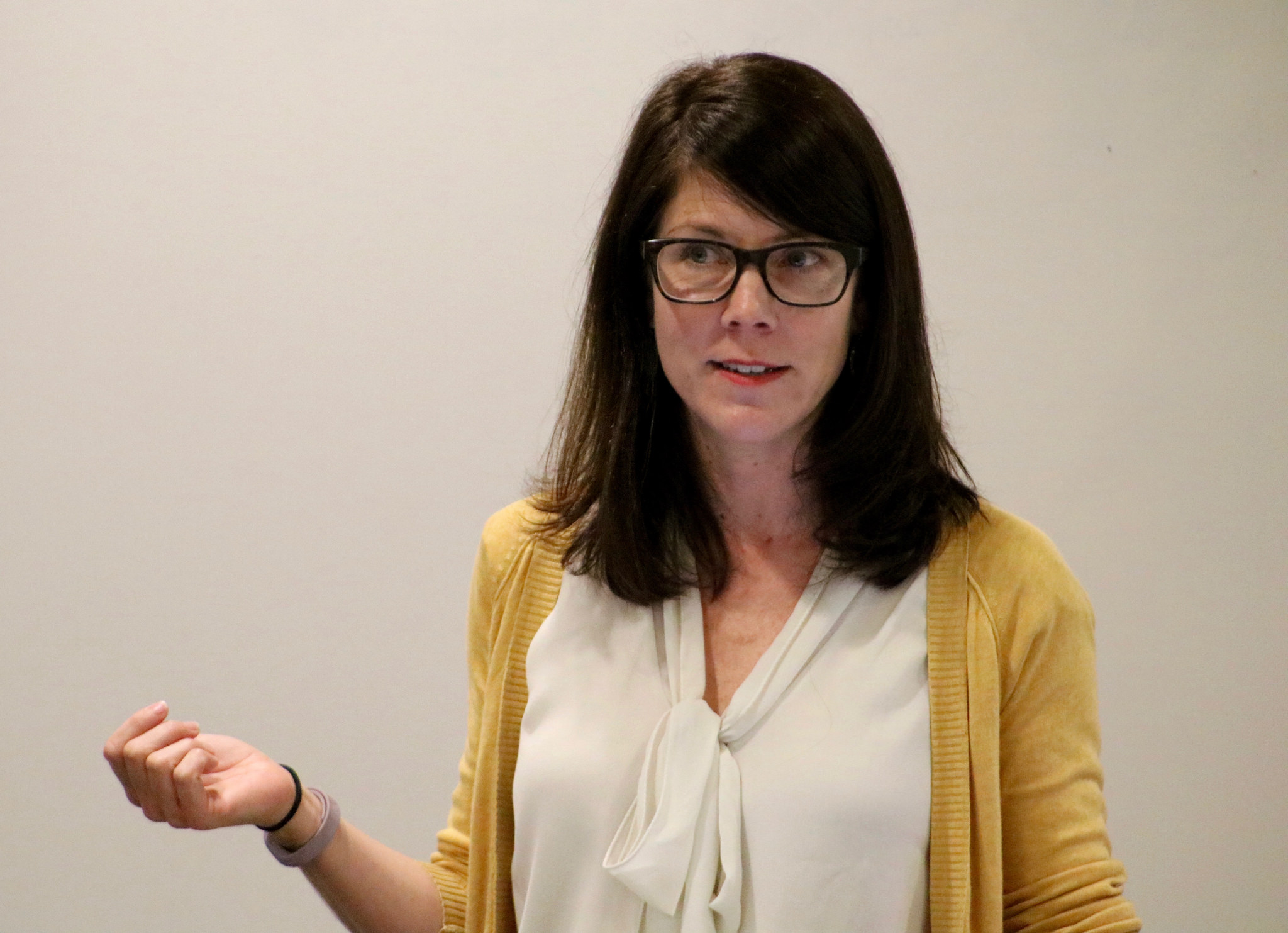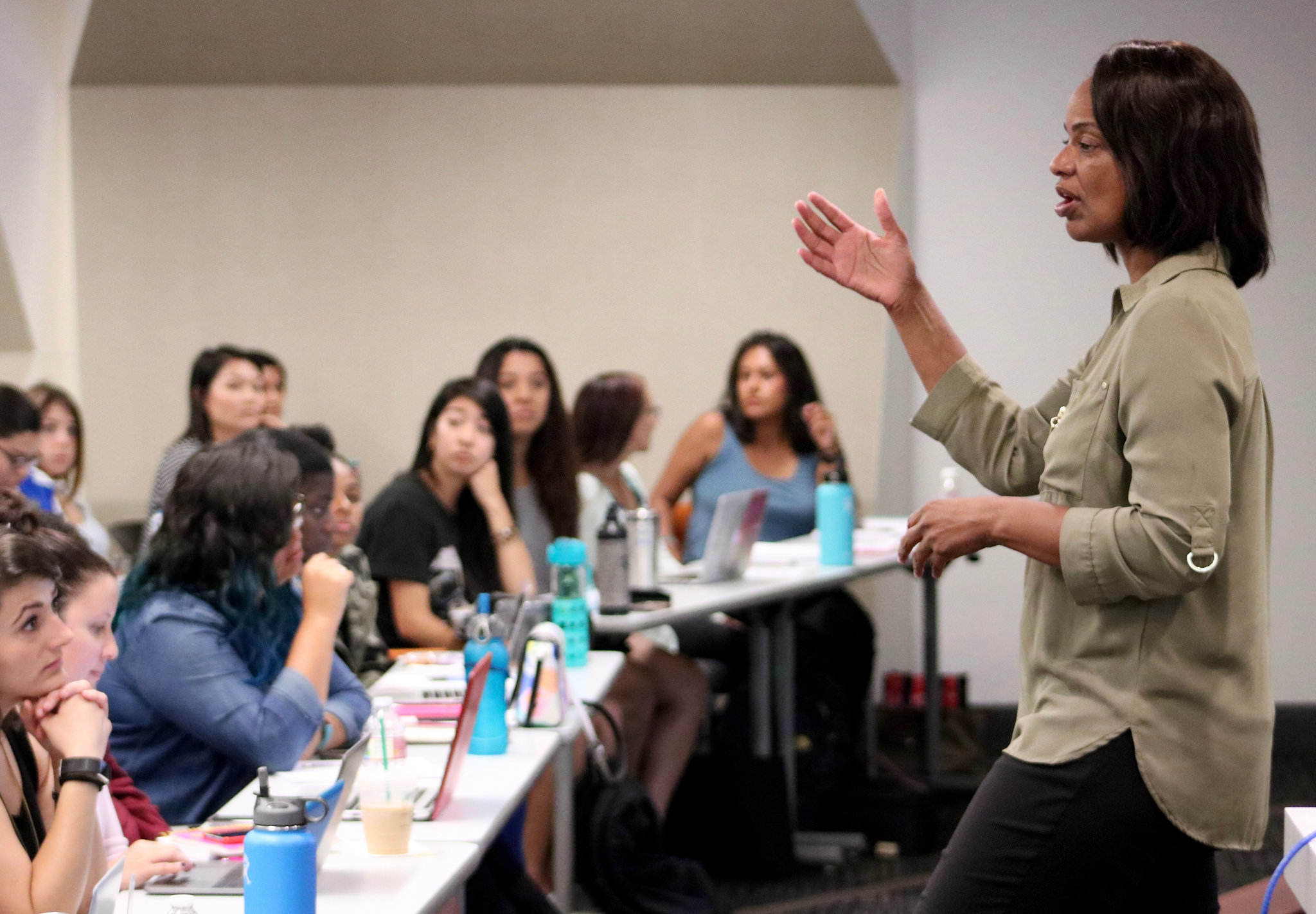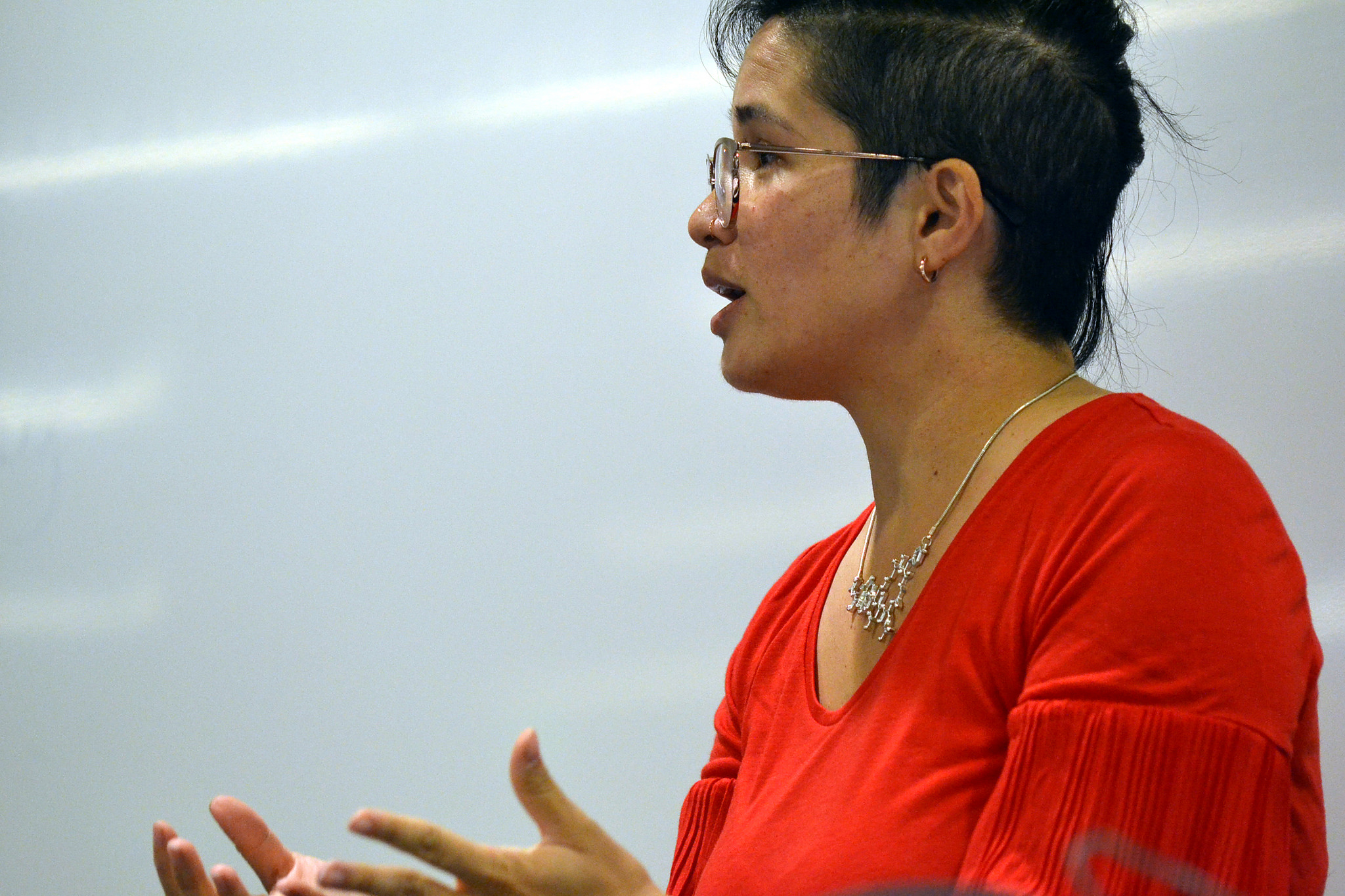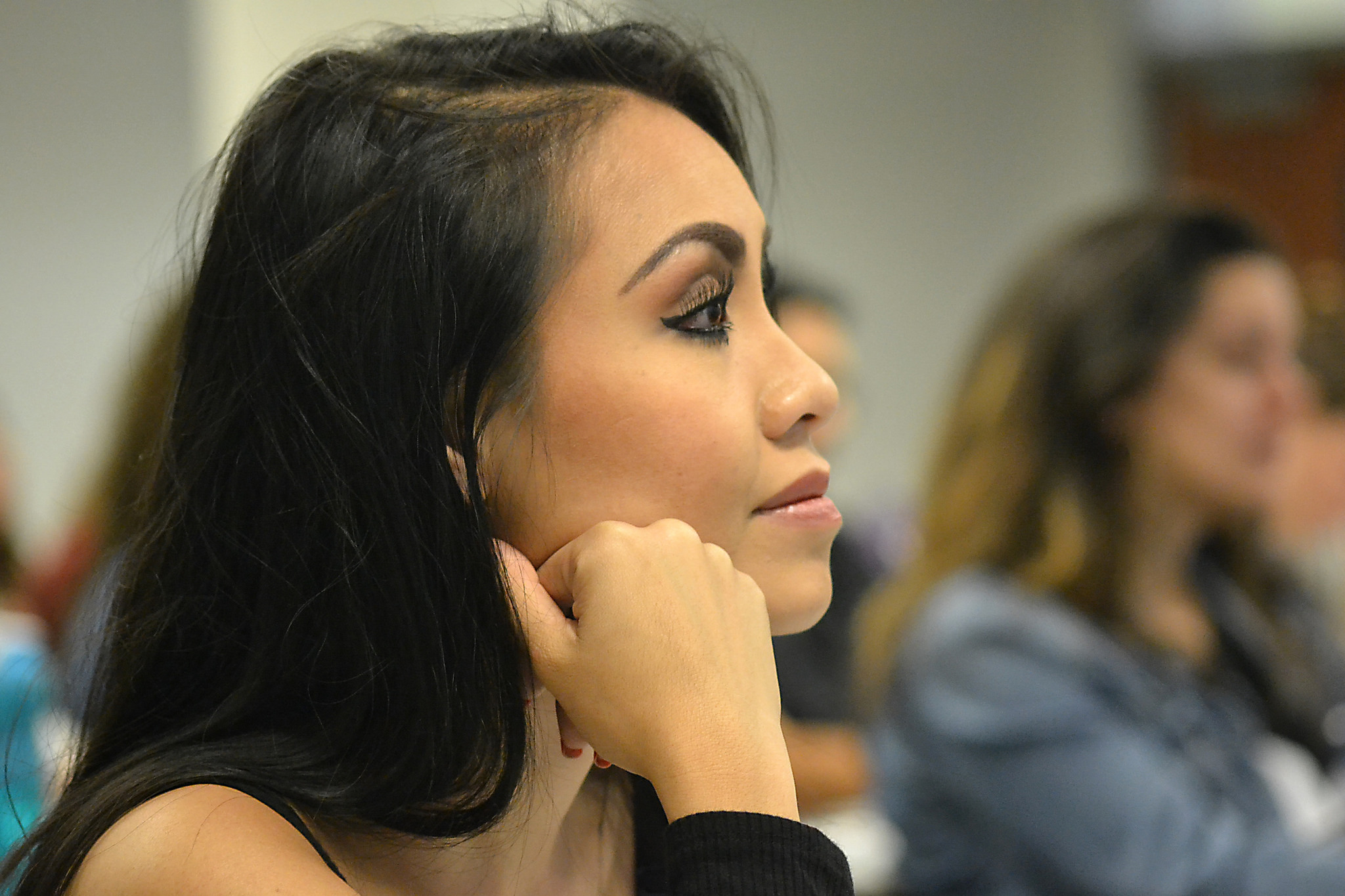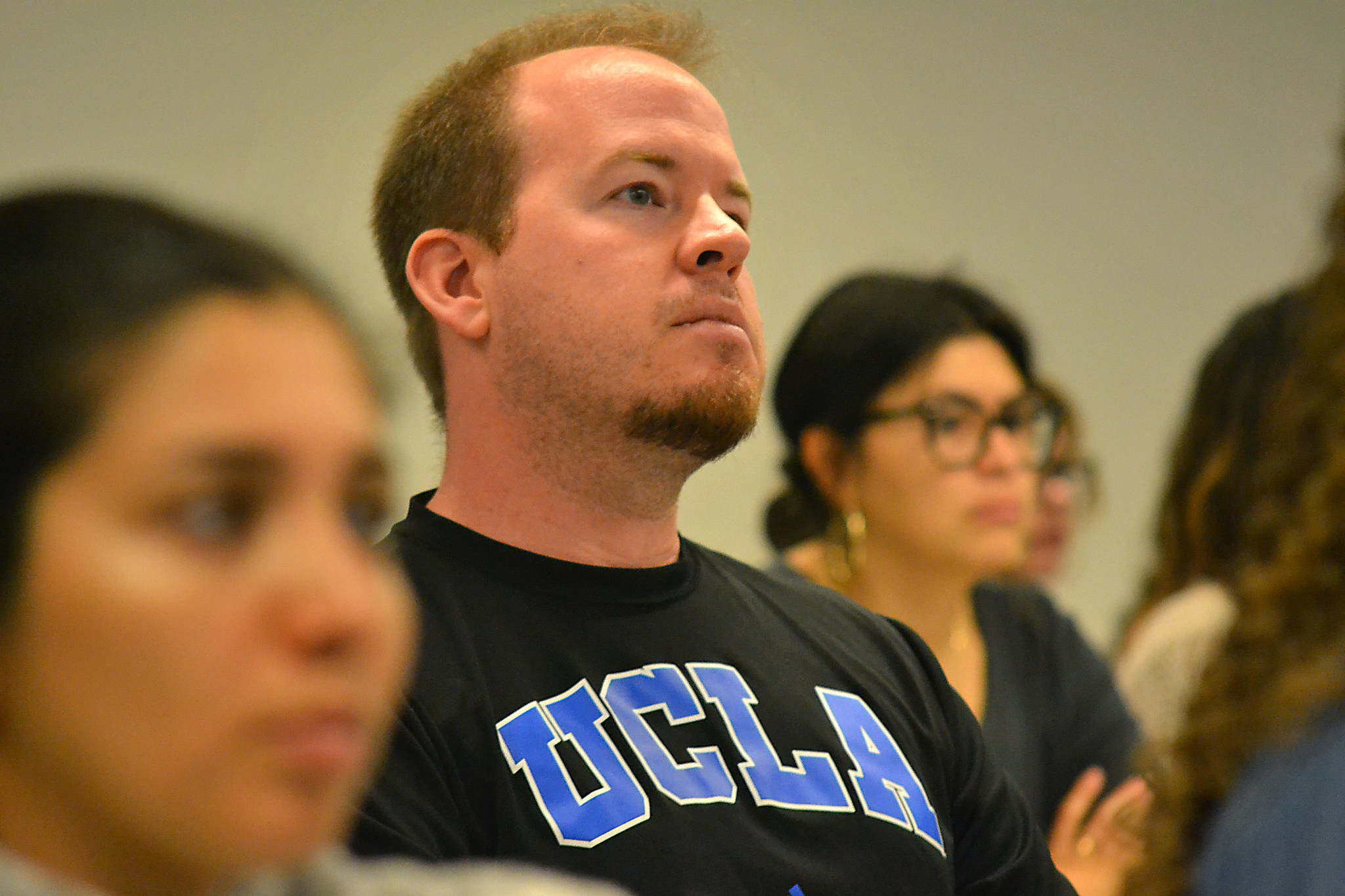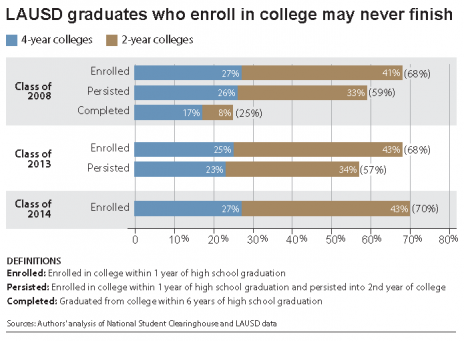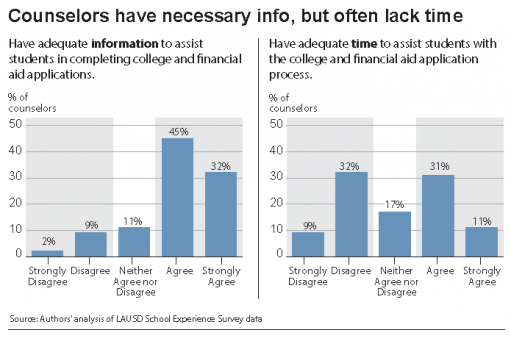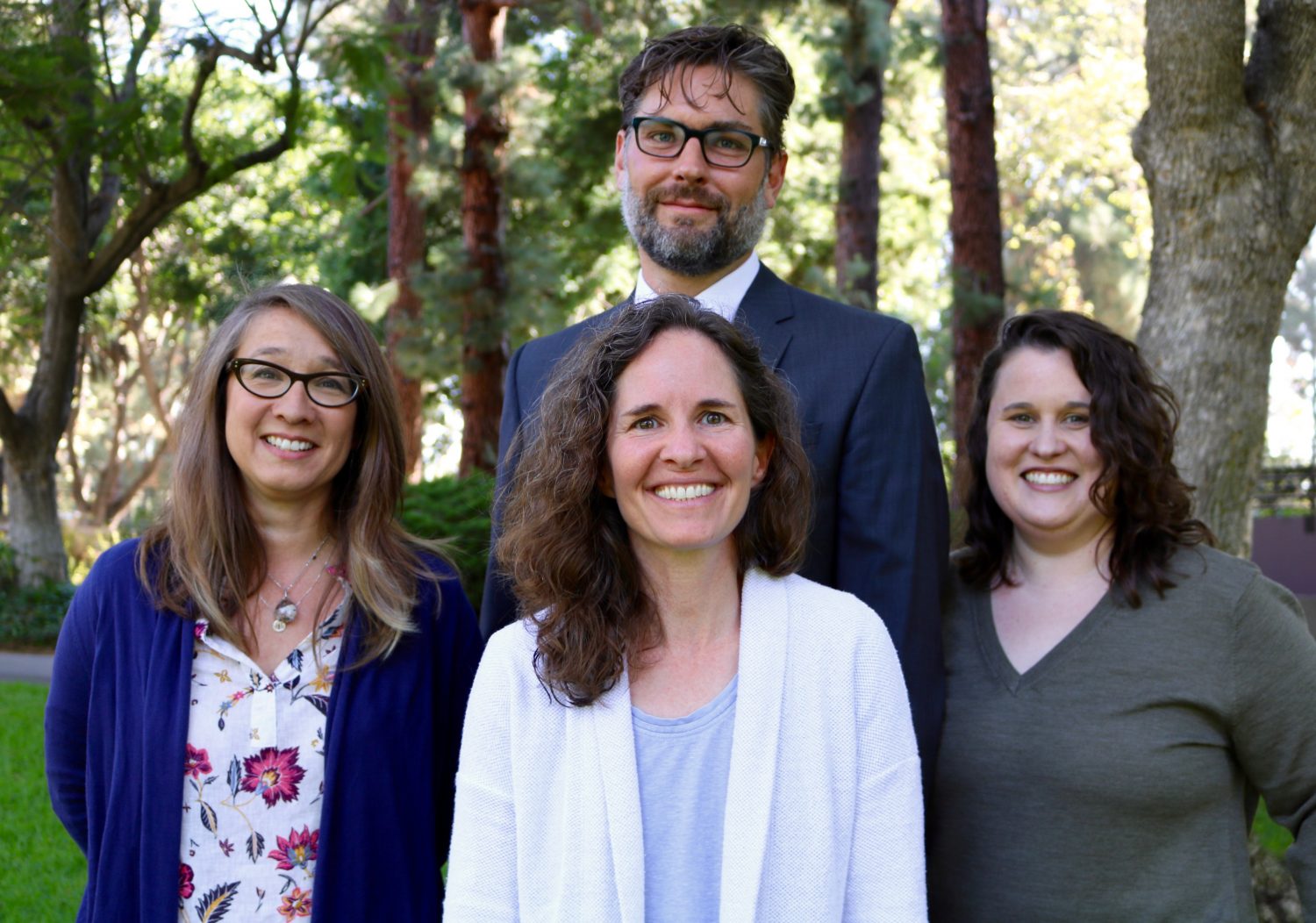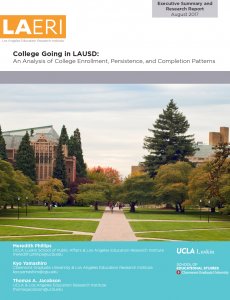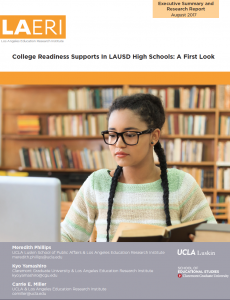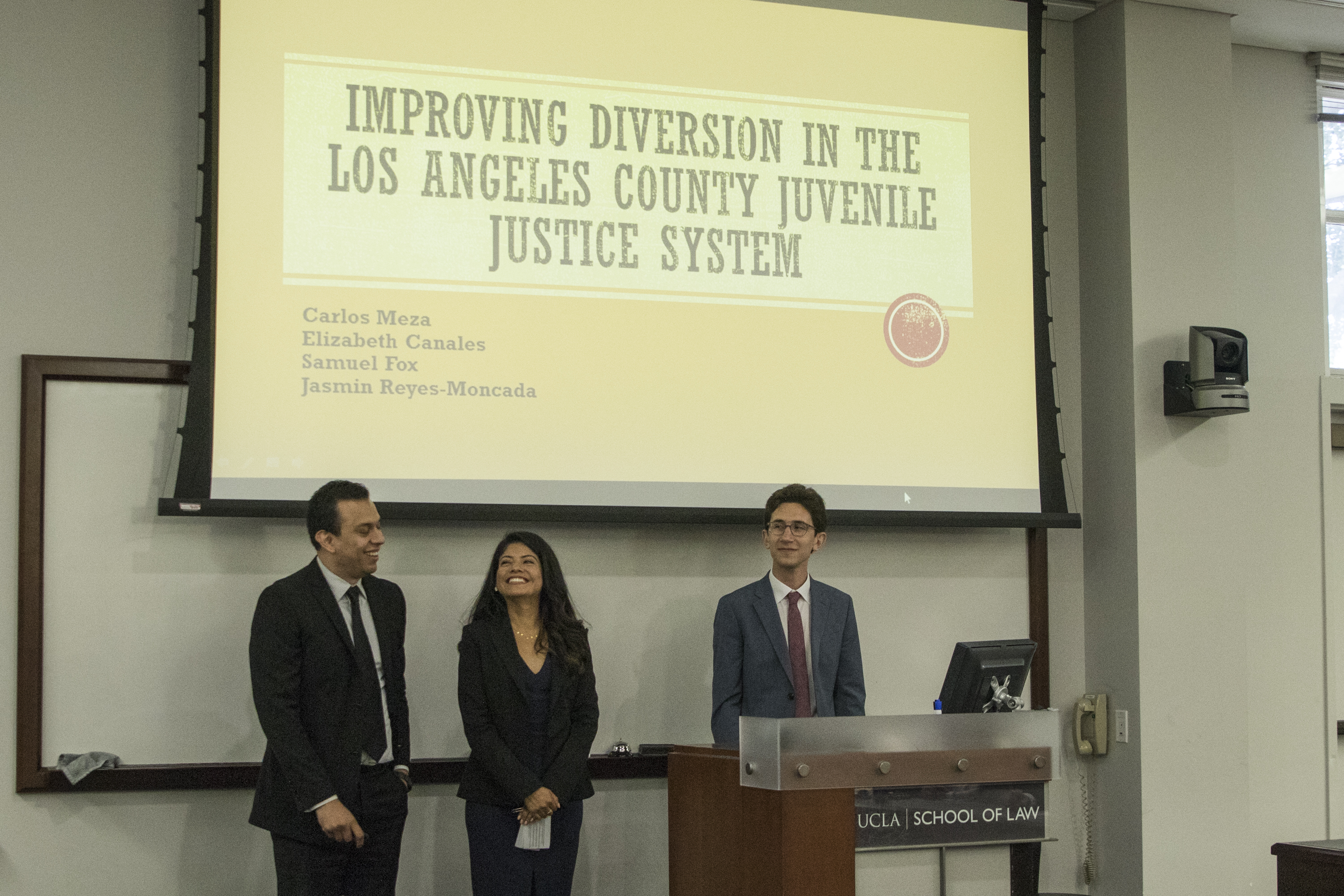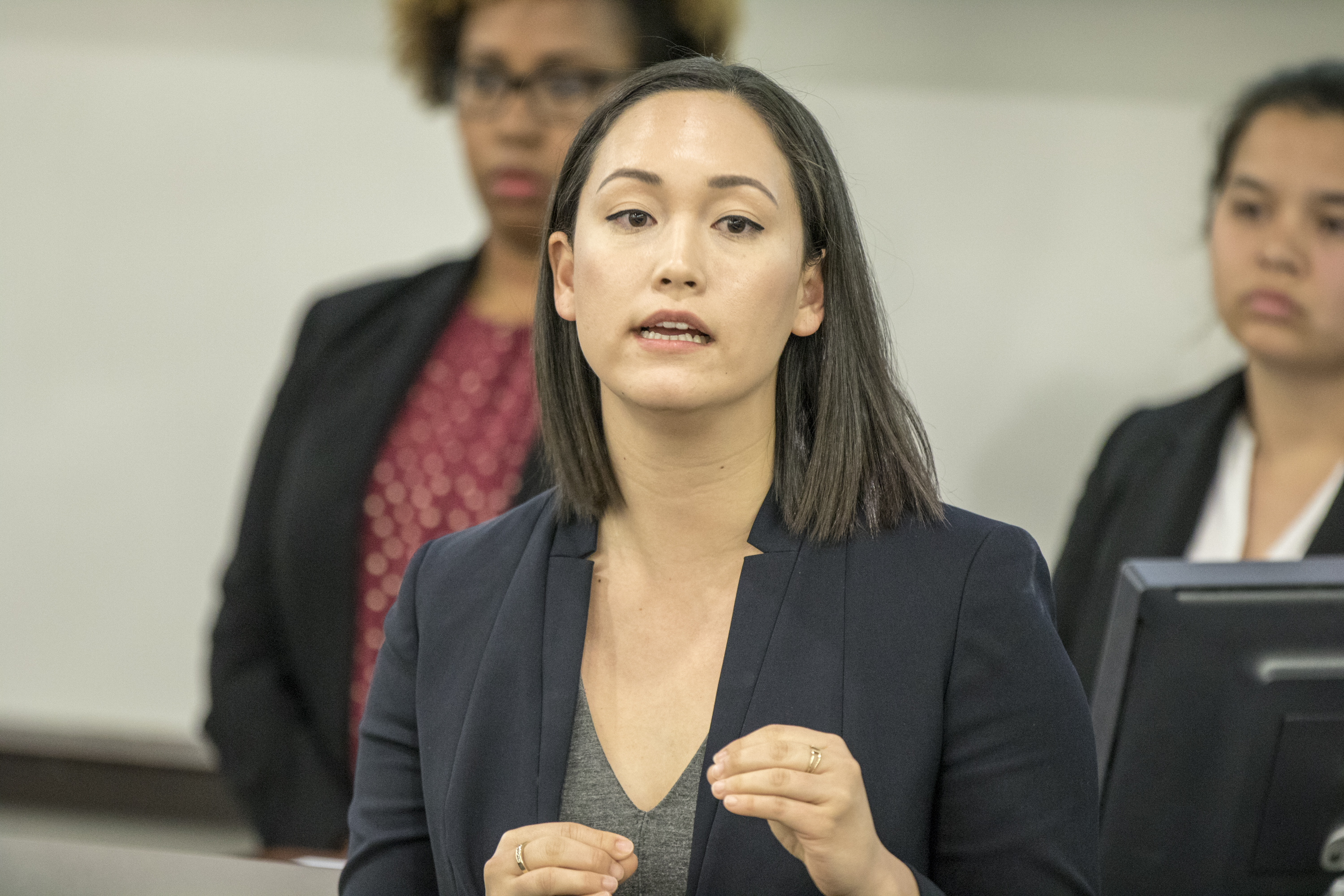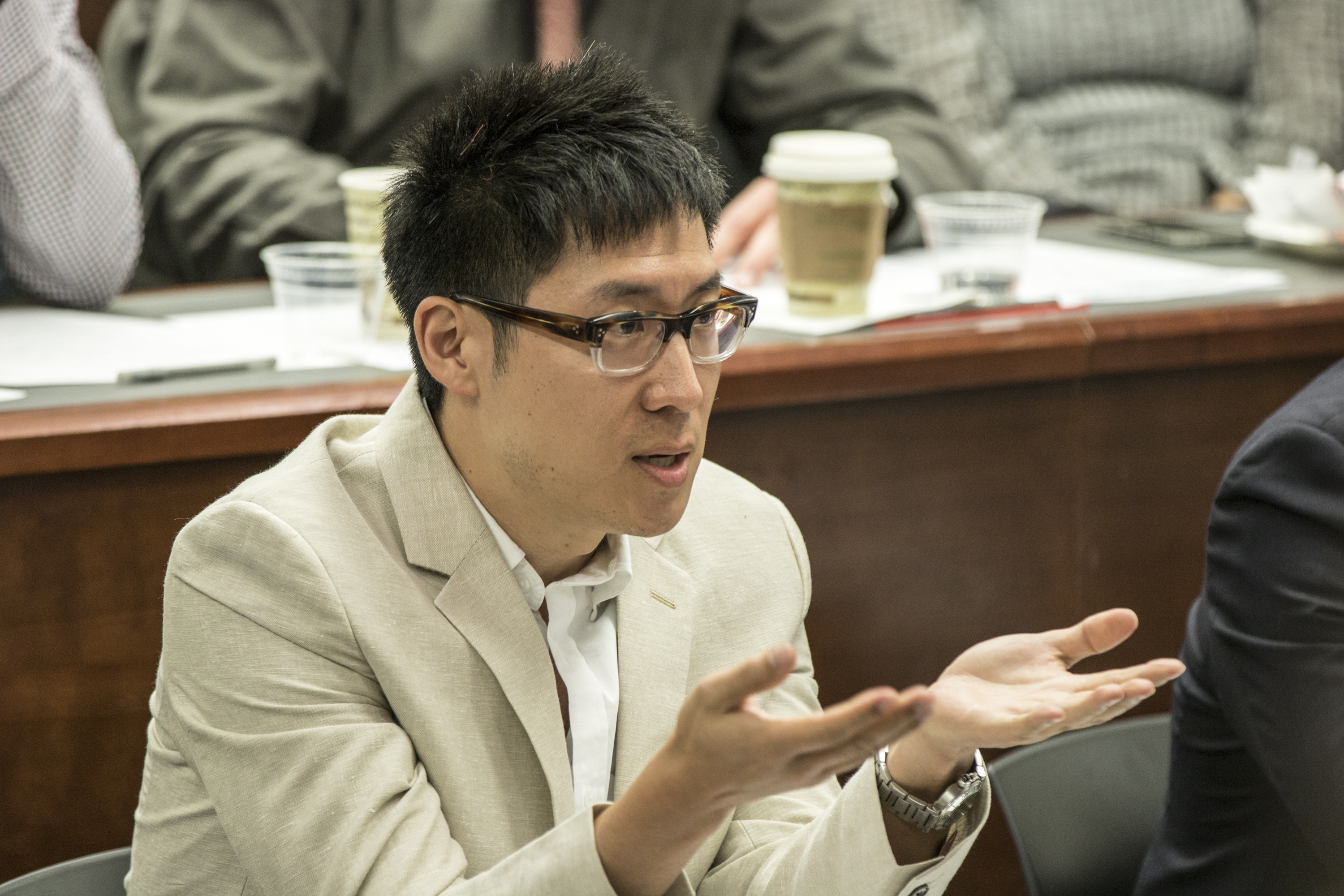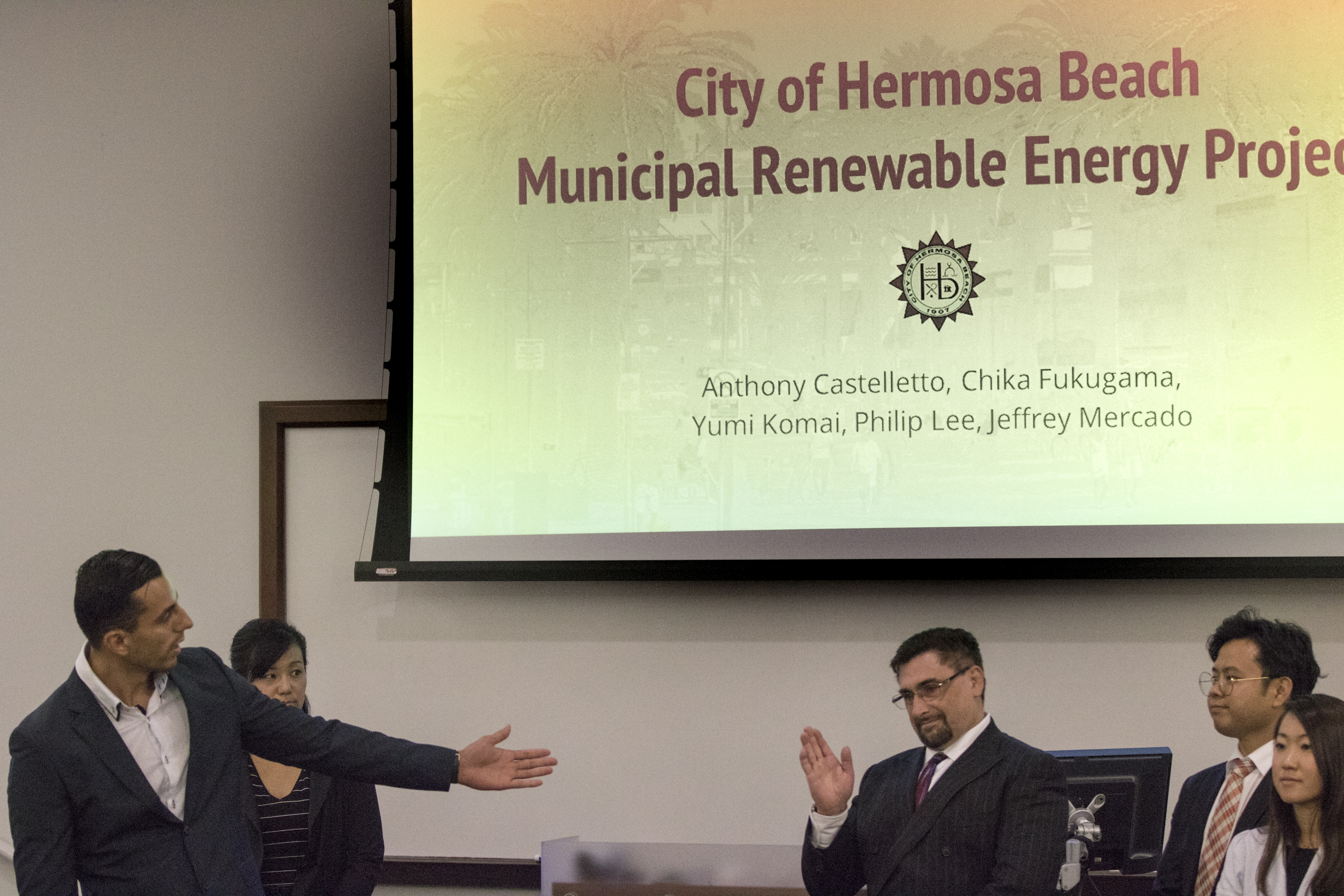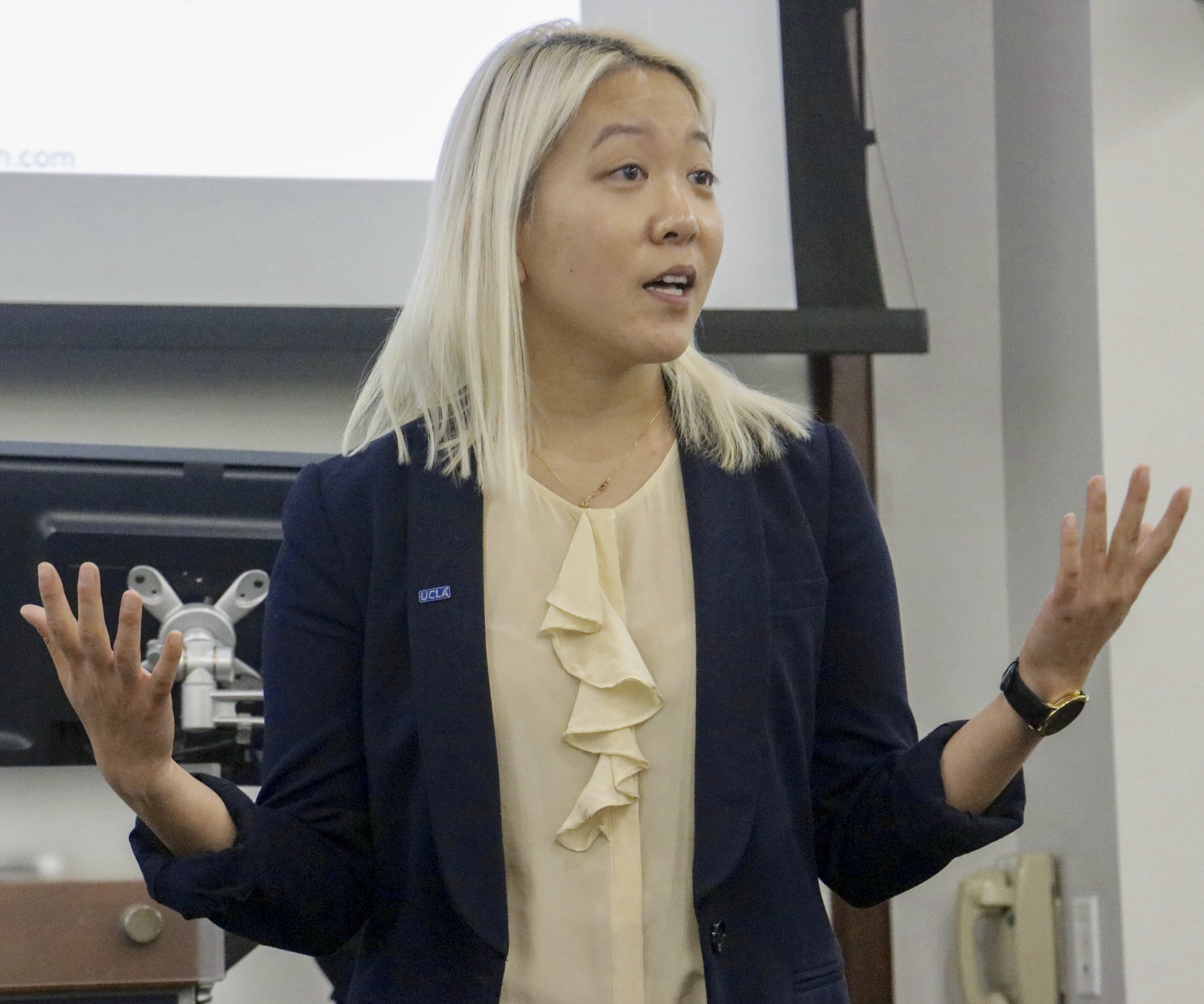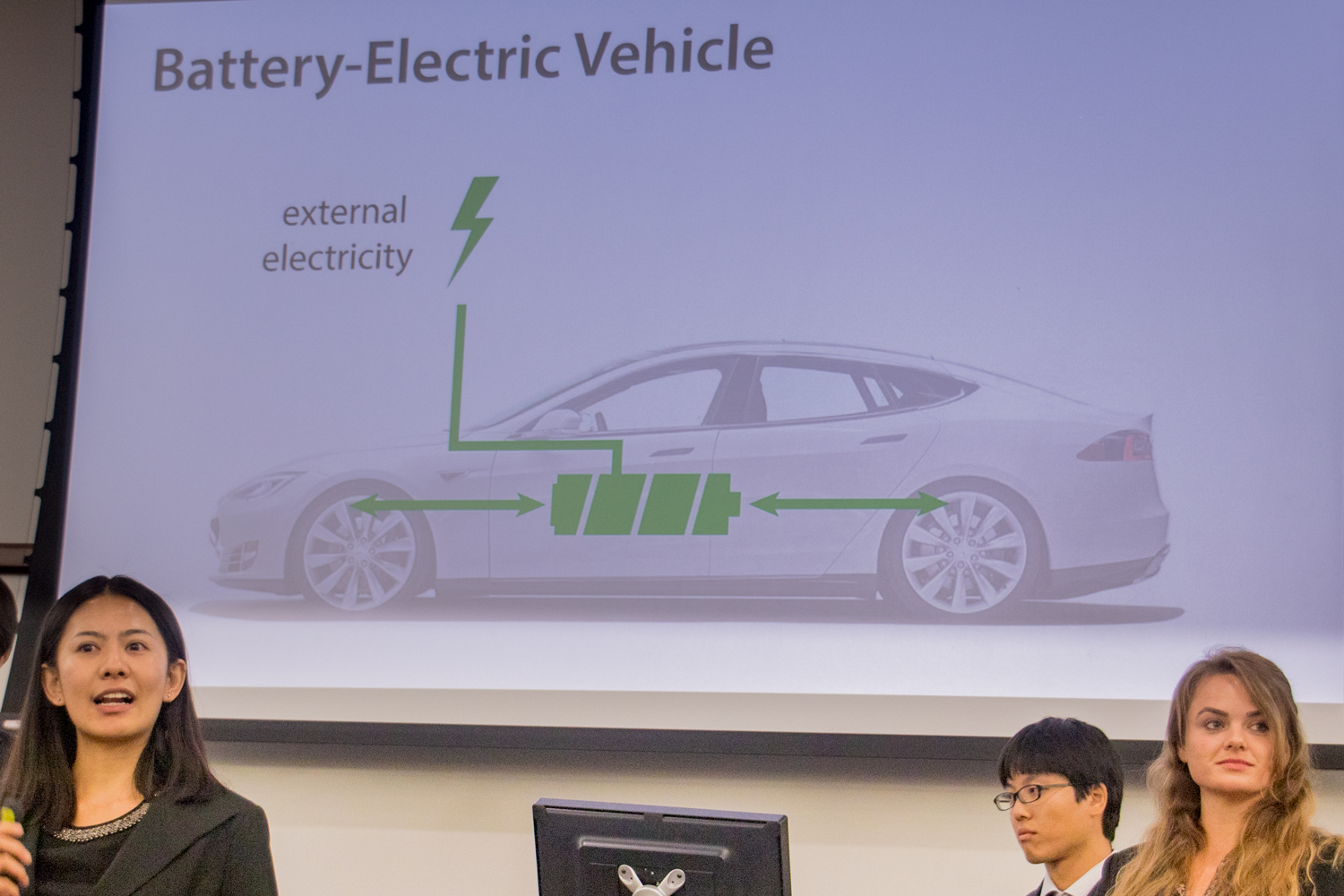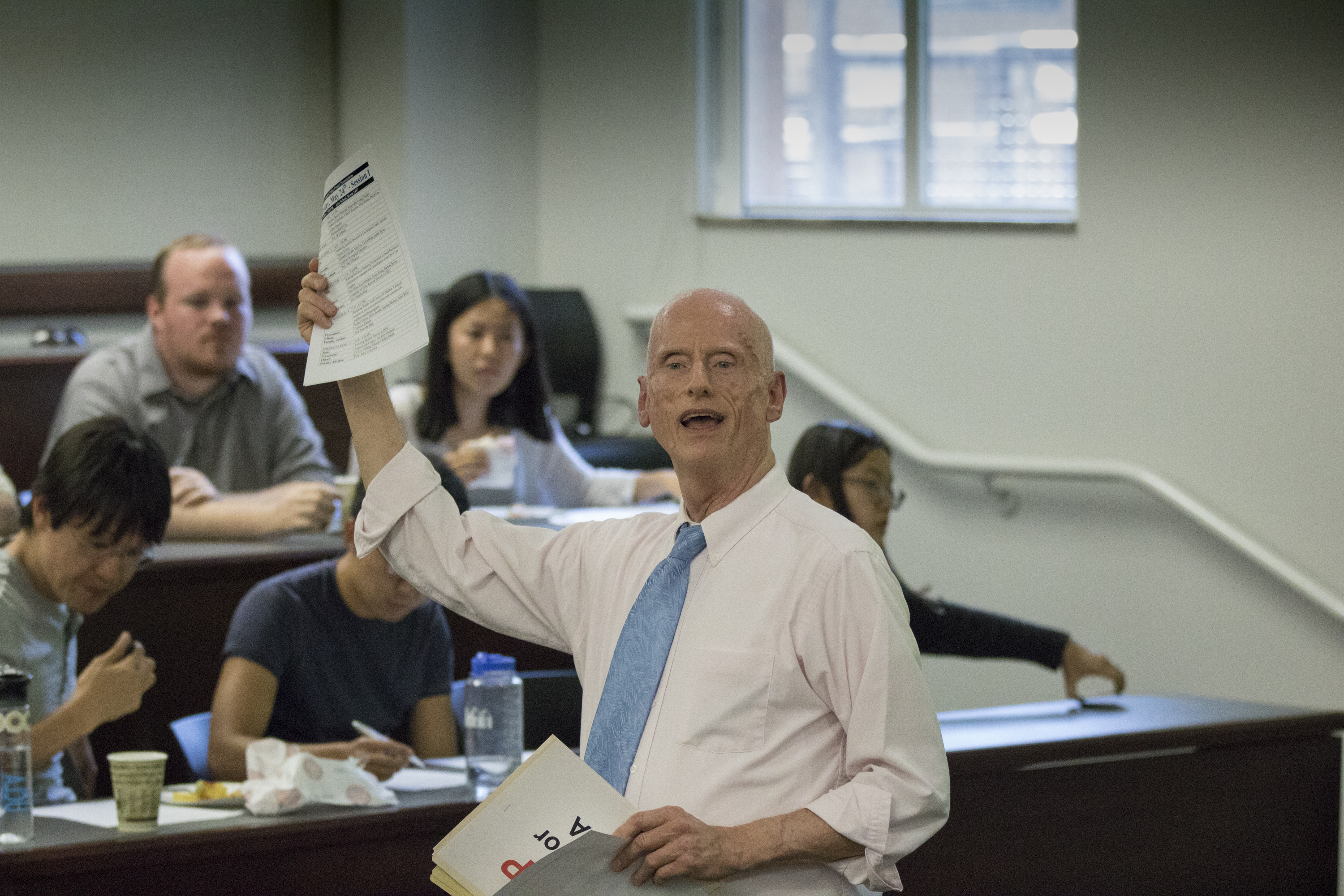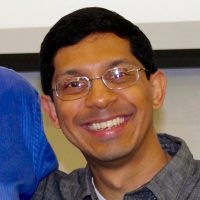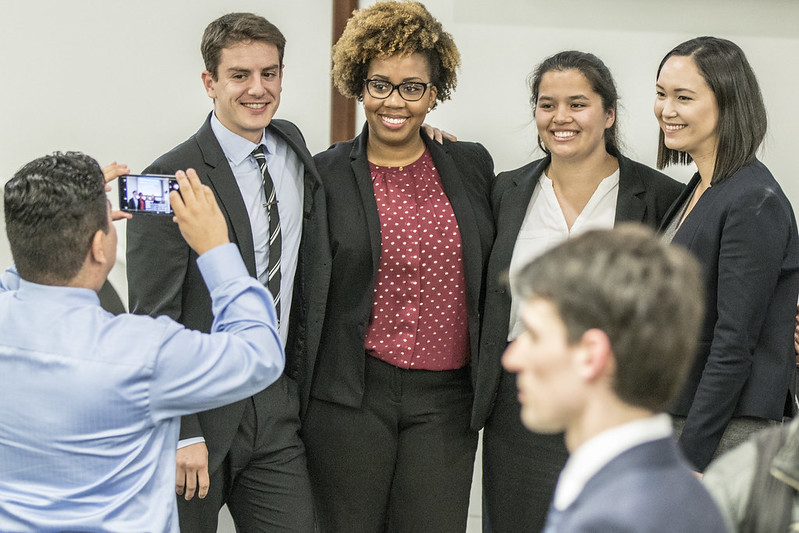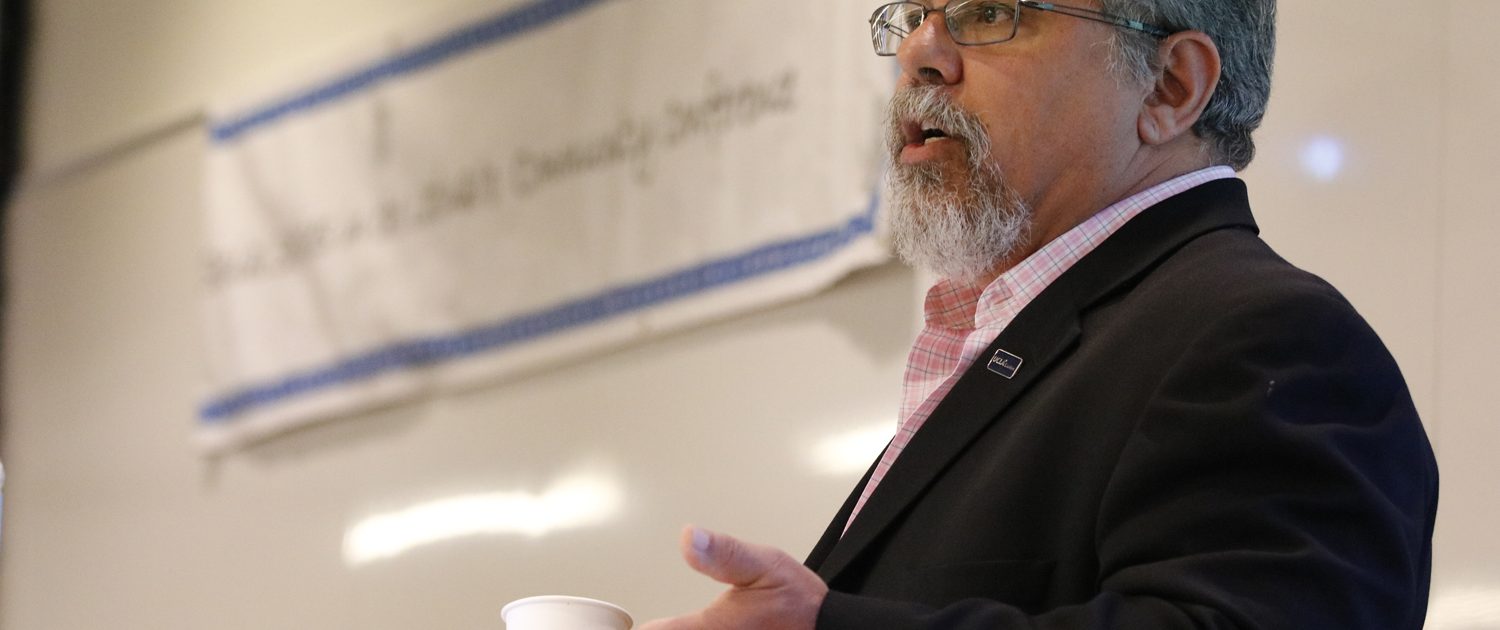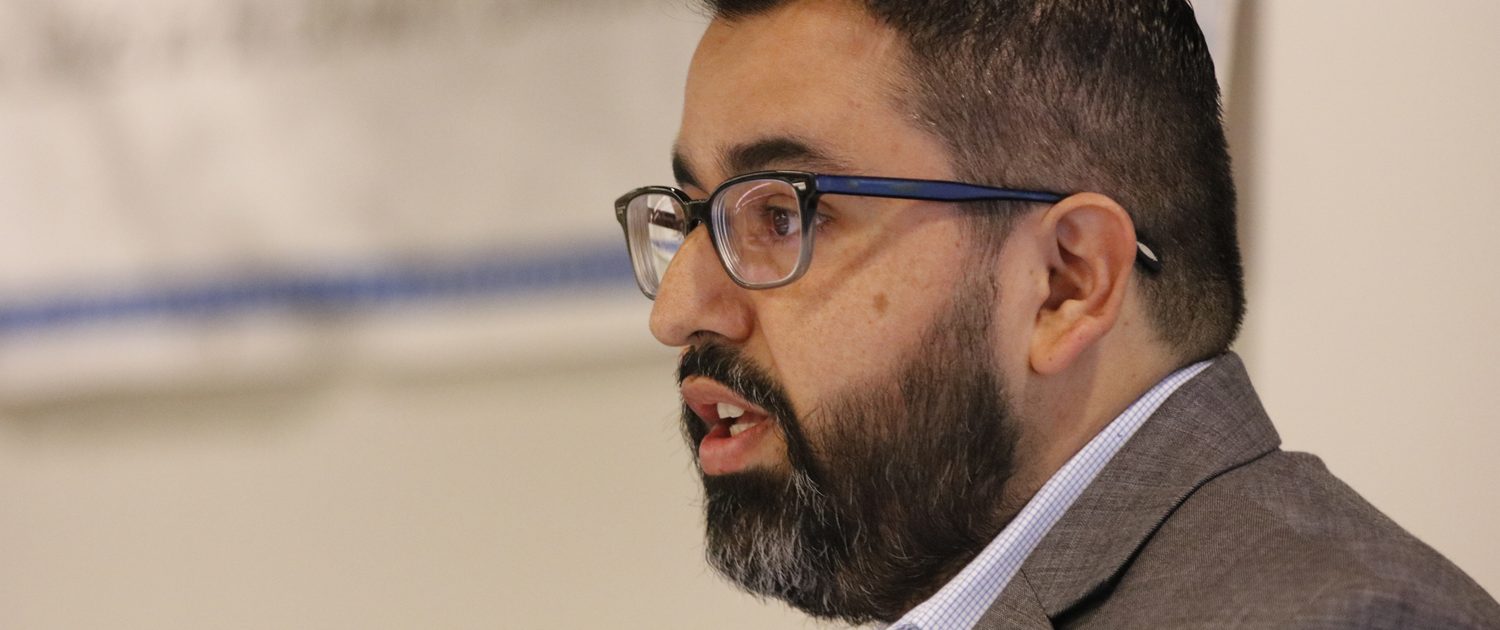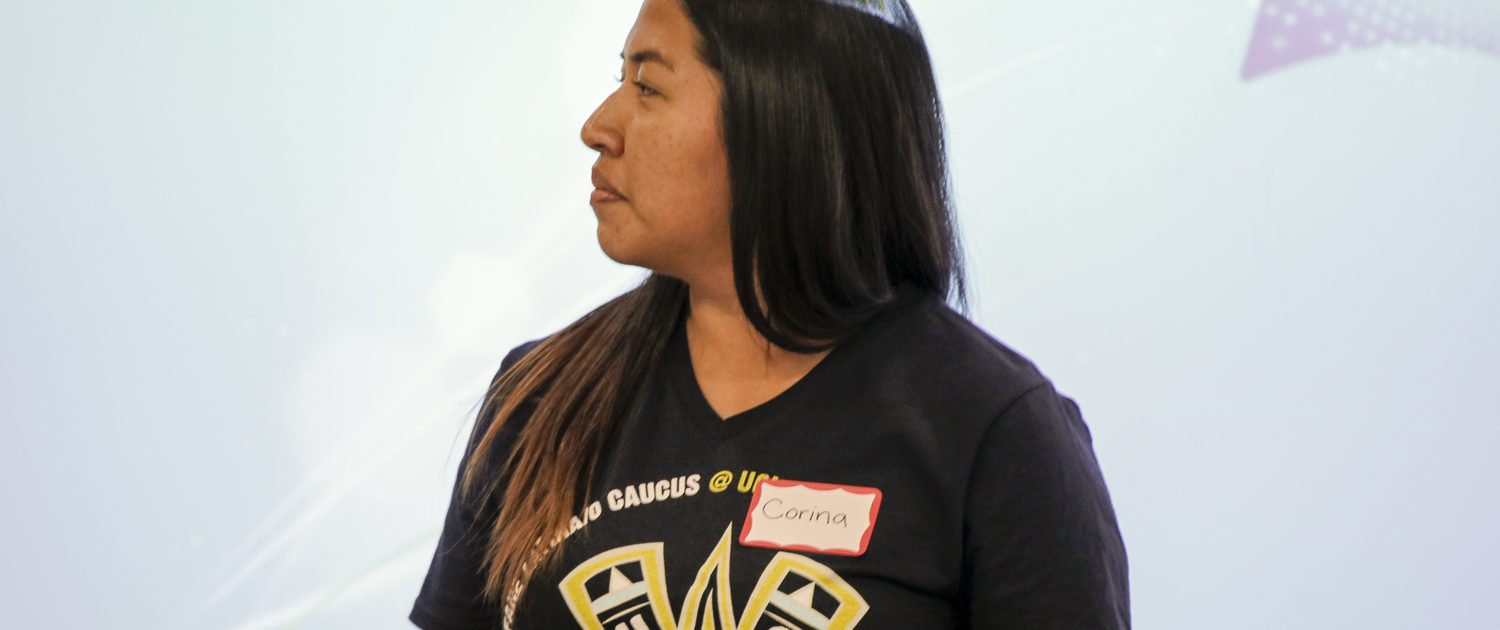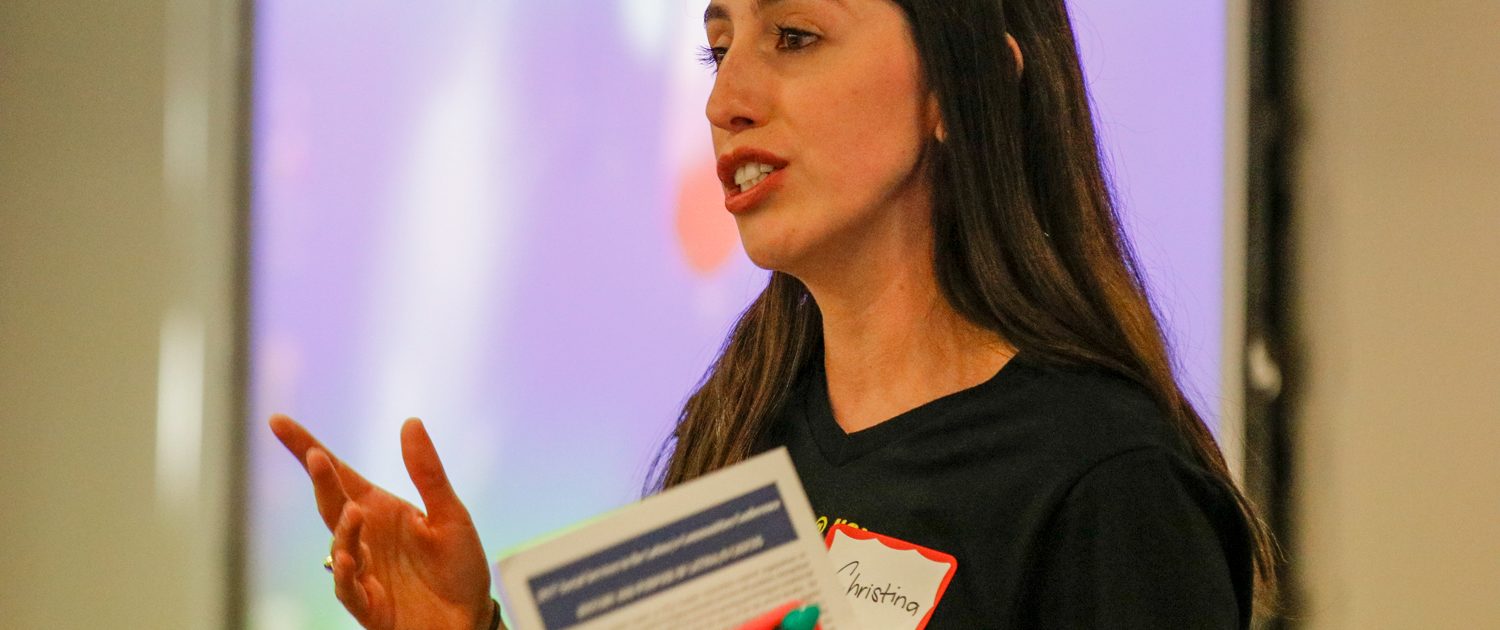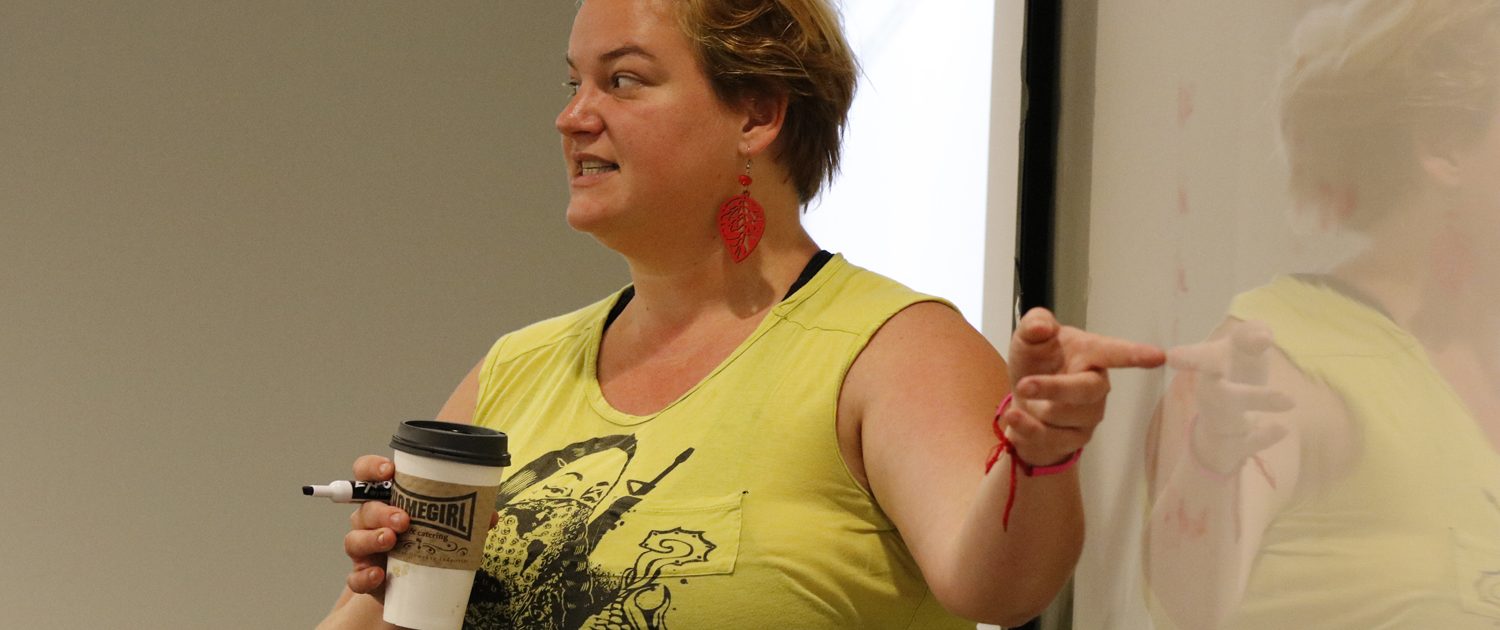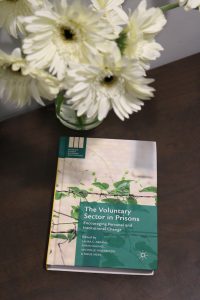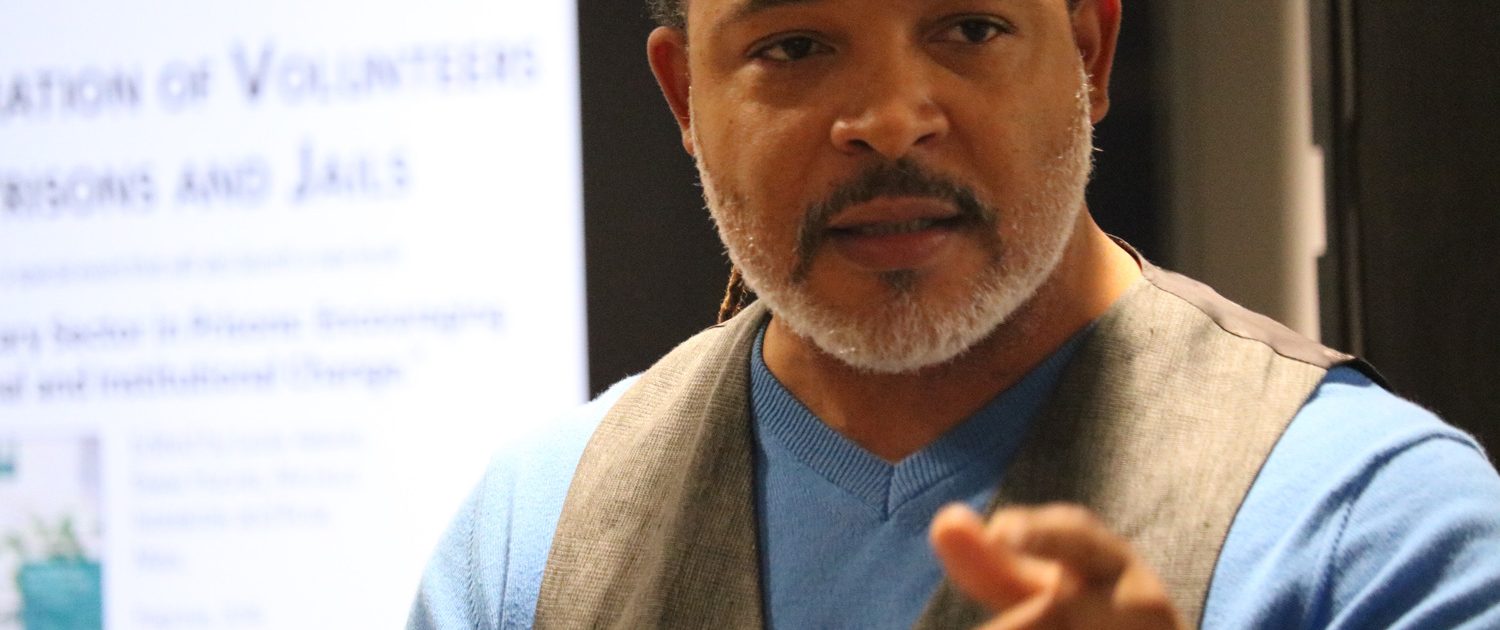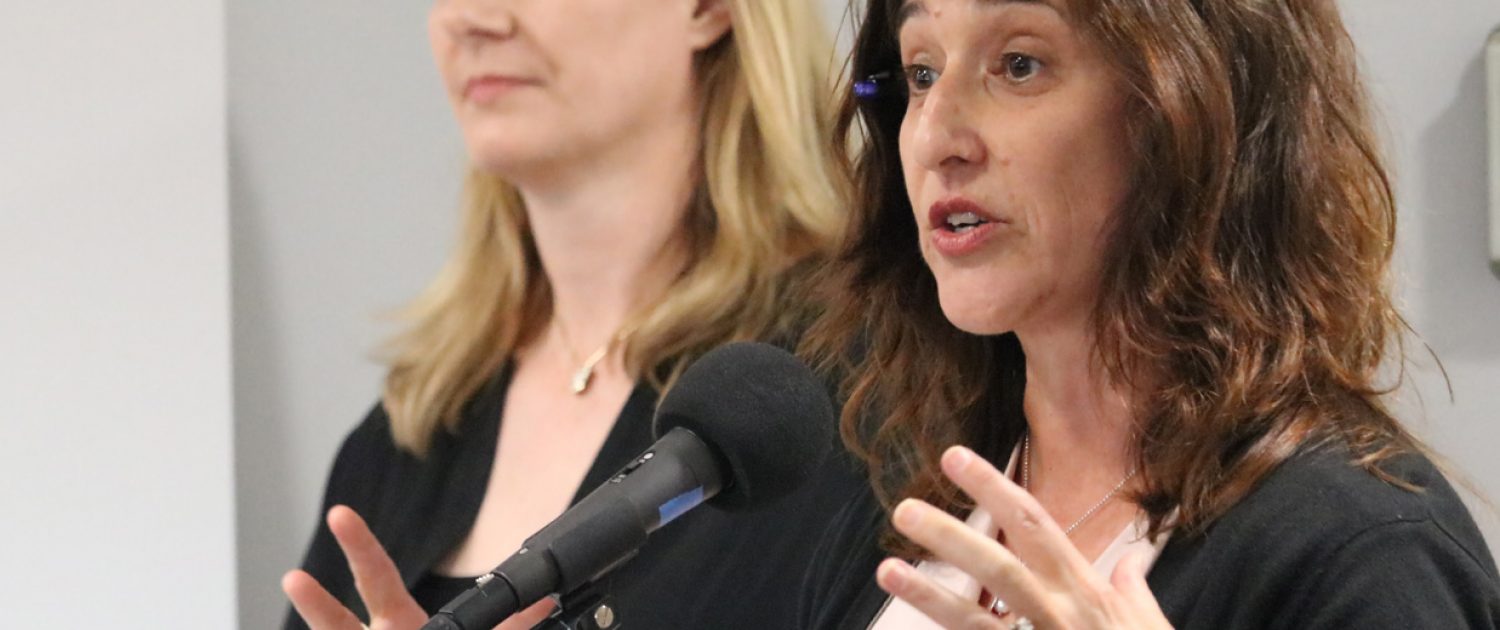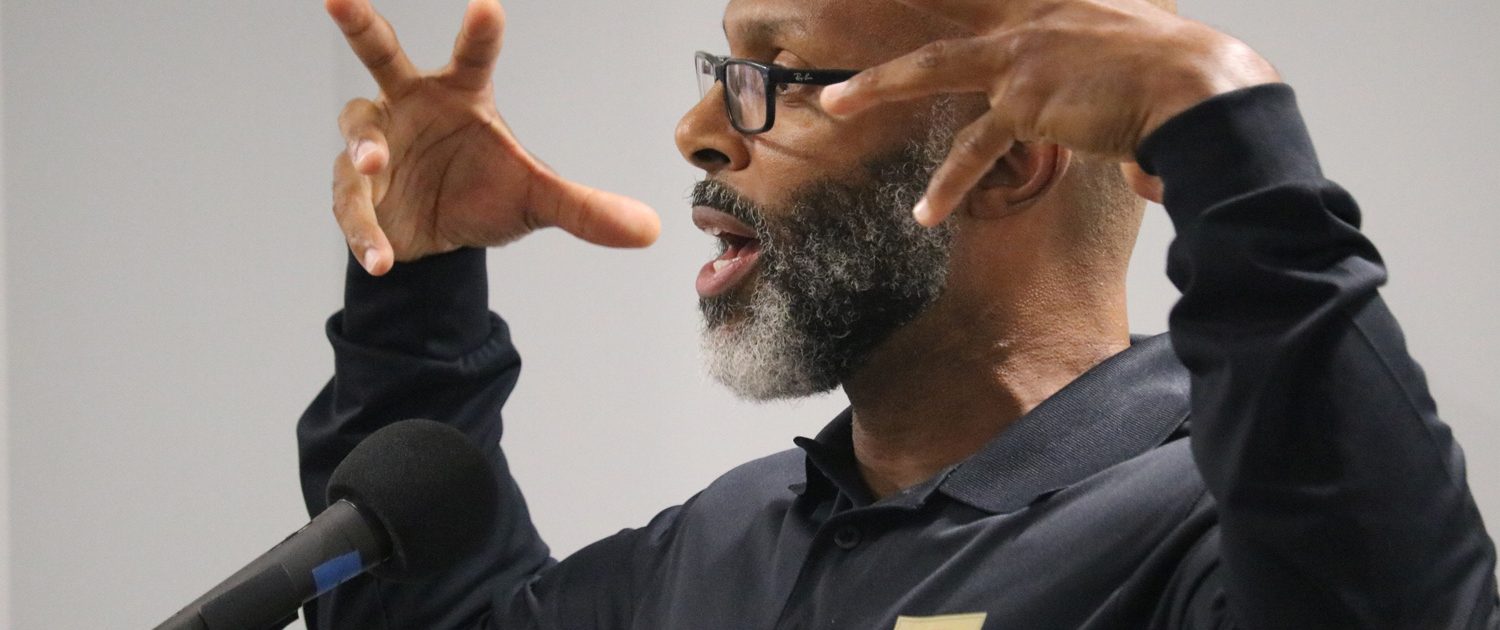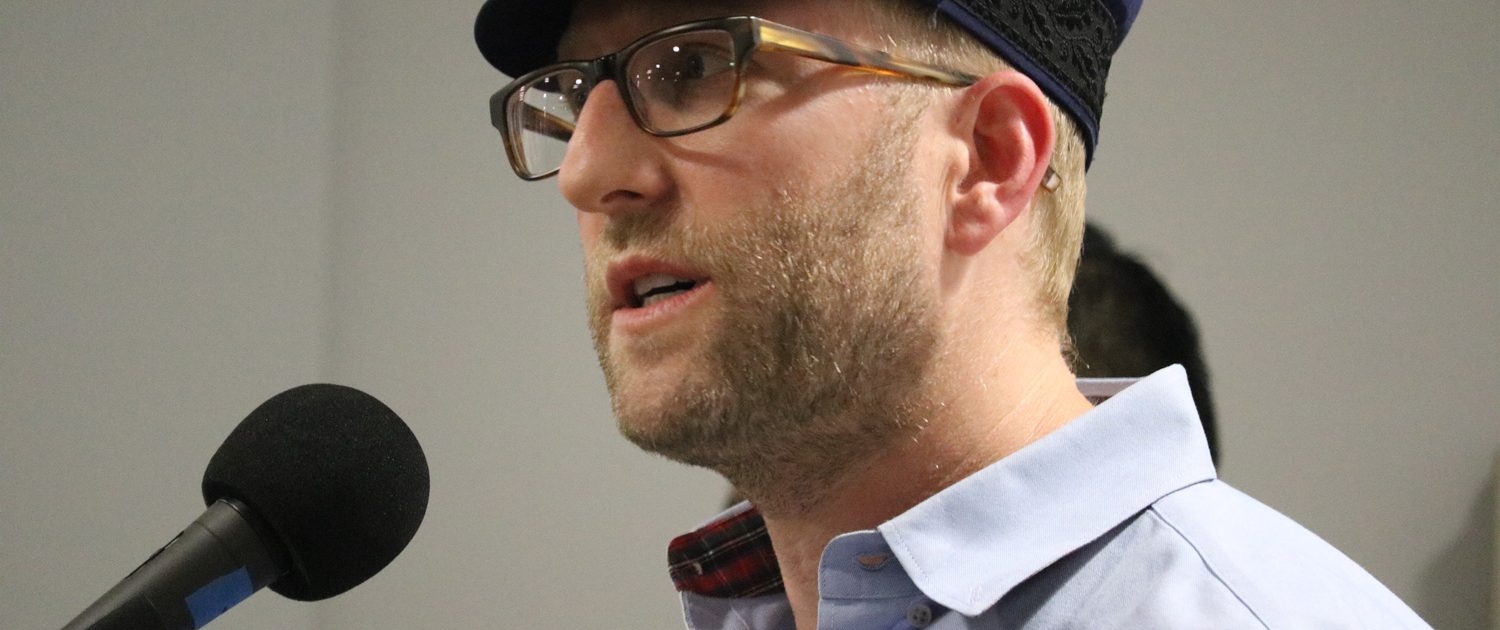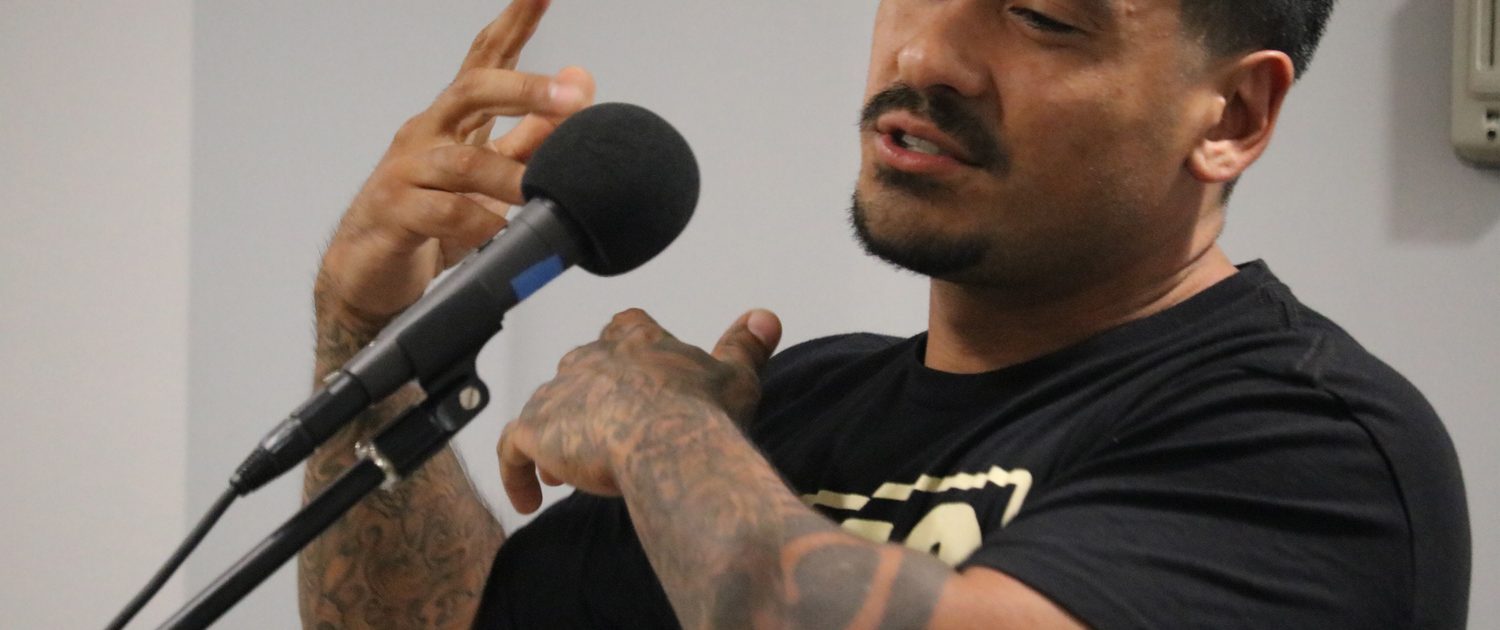By Les Dunseith
Working together from a restored 1920s office building in the heart of a city they are helping to revitalize, three graduates of the UCLA Luskin Urban Planning program are fulfilling a shared vision of diversity and innovation.
Their goal? Change the world.
“UCLA, when we went there — and I think it is still the case today — is really about integration,” says Jennifer LeSar MA UP ’92, one of the founding partners of Estolano LeSar Perez Advisors. “You are not just a transportation planner or an affordable housing person or an environmental planner. You understand the integration of it all.”
The company, which provides strategic counsel to public agencies, foundations, business associations and civic organizations, reflects the partners’ deep respect for each other, a bond that first formed about three decades ago for LeSar and her close friend and company co-founder Cecilia V. Estolano MA UP ’91. Through professional interactions, they later met their third business partner, Katherine Perez-Estolano MA UP ’97, and her values were closely aligned.
“We knew that there were diverse people of color who were anxious to make a difference,” says Perez-Estolano.
ELP Advisors and its sister firm, San Diego-based LeSar Development Consultants, makes a point of recruiting smart, talented people who reflect the gender, cultural and ethnic diversity of Southern California.
“Every time I would go and meet with other people who had their own companies, their top folks were all white men,” Perez-Estolano remembers. “And I thought this is not the world that we are planning for.”
Their vision crystalized at UCLA — they cite faculty members such as Martin Wachs, Joan Ling MA UP ’82 and Goetz Wolff as key influencers — and their commitment to the UCLA Luskin School of Public Affairs remains a vital aspect of their personal and business interactions today. All three are active in alumni activities, and Estolano and Perez-Estalano have both served as Luskin Senior Fellows. They coordinated a visit by a delegation of planners from Panama a few years ago. Their firm also hosted a reception for Professor Ananya Roy when she first came to UCLA in 2015.
And the close association with UCLA has benefited the company as well. Three of ELP Advisors’ six full-time employees are also UCLA Luskin alumni, and the firm has employed a steady stream of interns from the Luskin School since its founding in 2011.
LeSar notes the “amazing talent pool at UCLA.” Estolano says their firms are a direct reflection of the “particular way that UCLA teaches students how to be urban planners. In order to be an activist planner, you have to have strong sense of civic purpose.”
Estolano continues: “The idea of building a company owned by three women with multiple core competencies in Southern California, the most diverse place in the country, based upon the graduate educations and work experience that we have had, and an ability to hire staff out of the institutions from which have come, was our vision then and still is to this day.”
Their many professional accomplishments contributed to the three founders’ decision to join forces at ELP Advisors. But there is a personal side to it, too.
Katherine Perez, a former Deputy to Pasadena Mayor Bill Bogaard, and Cecilia Estolano, the former chief executive officer of the Community Redevelopment Agency of the City of Los Angeles, married in 2013. LeSar’s spouse is San Diego Assemblywoman Toni Atkins, who served as Assembly Speaker from 2014 until March of this year.
The three also believe that their backgrounds mesh particularly well. “If you look at Katherine’s career, and my career, and Cecilia’s career, we have all worked in different sectors,” says LeSar, who also has an MBA from UCLA and is an expert in community development and real estate finance. Estolano, who is a graduate of UC Berkeley’s Boalt Hall School of Law, has expertise in sustainable economic development and urban revitalization. Perez-Estolano, who in 2013 was appointed by Gov. Jerry Brown to the board of directors of the California High Speed Rail Authority, brings knowledge of transportation and stakeholder engagement.
They have a professional contact list — “a giant Rolodex” as Perez-Estolano notes it once would have been called — that few companies can match.
It has helped them land clients such as Los Angeles County, the Metropolitan Water District, the Natural Resources Defense Council and the Goldhirsh Foundation. The latter is a great example of the firms’ strengths, Estolano says.
The Goldhirsh Foundation “wanted to completely change their approach” to philanthropy and orient it toward making L.A. the best it can be by 2050. The resulting 2050 Report “really put us on the map,” Estolano recalls. “And the folks we hired to do a lot of the analysis, gather the data and design the report, they are just top-flight. And they are still working with us.”
ELP Advisors takes pride in solving solutions that have stumped others. “We are just scrappy,” Estolano says, “and resourceful. We are smart people, and we have broad-ranging interests. So, if a client has a difficult problem and they really can’t figure out how to get at it, sometimes they just give us a call and ask us what we think. And I say, sure, we know how to do that. We can figure it out!”
Success hasn’t always come easily, however. For one, they started ELP Advisors while the Great Recession was still dragging down the economy and hindering new projects. Then, just a few months after ELP Advisors opened for business, Gov. Brown dissolved the state’s redevelopment agency.
“We formed at a time that, in hindsight, was the worst possible,” LeSar recalls.
But they quickly adapted, putting their knowledge to good use to help clients adapt to the new reality they were facing. “So,” Estolano says, “we made lemonade out of lemons! What we thought would be a negative for us ended up creating a base for our company to expand.”
LeSar adds, “We learned some hard lessons, and that’s OK. You know, most small businesses don’t survive. Most women-owned businesses don’t survive. Most businesses of color don’t survive. And I don’t really know any other businesses today that are quite like ours.”
Each partner brings talents that complement the others. They say their success is based on hard work and smart choices. And it’s also based on staying true to their principles: Inclusion. Diversity. Gender equality. Community engagement.
“You live in our city, you live in our neighborhood, and you have a right to participate in these processes,” Perez-Estolano says about the firm’s commitment to getting involved at every level. “We had people who would understand how they could actually change the outcome by getting involved, participating on local city commissions, by running for city councils, by running for county offices or state offices. That was, to me, the pipeline of future leadership.”
A recent example of this commitment to the community is a project spearheaded by Estolano and Tulsi Patel MURP ’14, a senior associate at ELP Advisors. The L.A. Bioscience Hub and its Biotech Leaders Academy launched in summer 2016 to promote entrepreneurship training for community college students from underrepresented groups. The pilot program, funded by a grant from the Goldhirsh Foundation, introduced 10 students of color (six of them women) to professional opportunities related to a growing biosciences sector in the East Los Angeles area.
It’s another example of the three UCLA graduates’ commitment to open doors for people who might not otherwise get a chance to succeed. It also shows their dedication to the value of education, which underlies everything they do, including their advice to current and future UCLA Luskin students about what it takes to succeed.
“I think the core skills are in writing, research and quantitative analysis,” LeSar says. “And be a creative thinker!”
For Perez-Estolano, being adaptable is important. “The world changes rapidly today,” she says, “and you have to embrace that as a planner.”
Estolano advises today’s students to take full advantage of their educations at UCLA Luskin. “Your classmates are going to be your greatest network,” she says. “Do not turn your back on the school. Your school can be a huge asset for you, and even if you can only do a little bit, always give to this school.”
“It’s about changing the future,” she says. “If you have a commitment to keeping the school strong — to honor its mission — it will continue to graduate people that will change the world.”
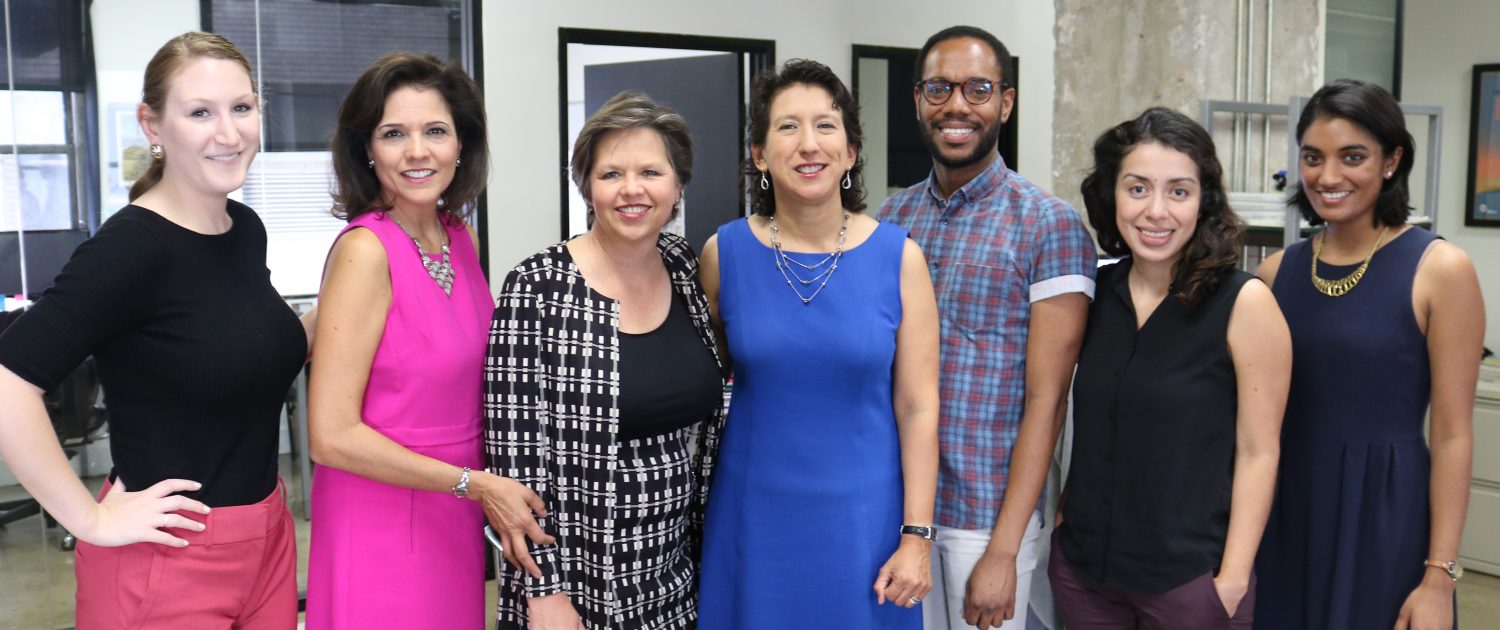
From left, Leah Hubbard, Katherine A. Perez-Estolano MA UP ’96, Jennifer Lesar MA UP ’91, Cecilia Estolano MA UP ’91, Richard France MA UP ’10, Cynthia Guzman MURP ’12 and Tulsi Patel MURP ’14. Photo by George Foulsham
